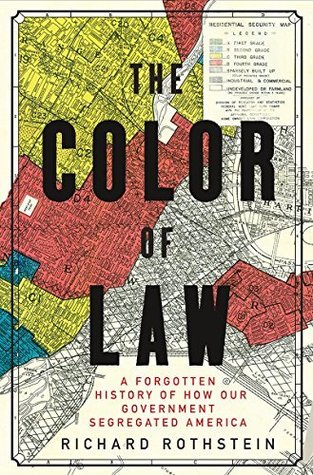In Washington, D.C., in the late nineteenth and early twentieth centuries, African Americans in the federal civil service had been making great progress; some rose to positions whose responsibilities included supervising white office workers and manual laborers. This came to an end when Woodrow Wilson was elected president in 1912. Although he had served as president of Princeton University in New Jersey, and then as governor of that state, his origins were in the South, and he was an uncompromising believer in segregation and in black inferiority. At Princeton, for example, he refused to
...more
Welcome back. Just a moment while we sign you in to your Goodreads account.


